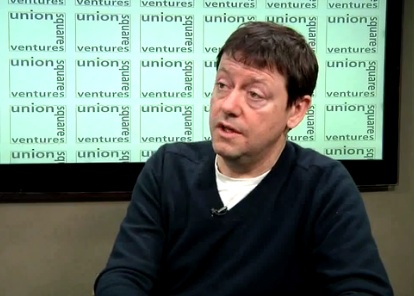Two of Twitter’s earliest investors, Fred Wilson of Union Square Ventures and Bijan Sabet of Spark Capital, are leaving its board of directors, Twitter has just confirmed with me. Peter Kafka reported news this morning and we independently heard the same thing from sources last night. Nobody will be replacing their seats on the board. (The remaining board members are Jack Dorsey, Dick Costolo, Evan Williams, Peter Fenton, Mike McCue, David Rosenblatt, and Peter Currie).
The changing of the guard comes just as Twitter recently closed another $800 million in funding, in which preferred shareholders including Union Square and Spark are believed to have sold some shares to new investors in that transaction. As early investors, it is prudent for both to take some money off the table, but it also signals that their commitment to the company (at least financial) has also shrunk.
A Twitter spokesperson provided the following statement: “Bijan Sabet and Fred Wilson both played important and greatly appreciated roles in our success. Both saw what Twitter could become before most anyone else. We look forward to their continued input as both investors in the company and passionate users of the product.”
Wilson, in particular, has always been a key board member guiding the company from its very earliest days. This is also not the first time he’s sold shares. Last May at Disrupt NYC, when I asked him whether he had sold any of his Twitter shares, he responded that in general he likes to align himself with company founders and feels comfortable selling shares when they do. Even now, Union Square still owns shares in Twitter.
The departures come at a time when there is a general changing of the guard at Twitter (for instance, chief scientist Abdur Chowdury is also leaving, and, of course, founders Evan Williams and Biz Stone are already gone.
Twitter’s $800 million funding is very much like a mini-IPO within the company in the sense that early employees and shareholders are able to cash out. When people cash out, they leave. It’s just as true for shareholders as for employees. Whenever you infuse that much cash into the system, things are going to change.
